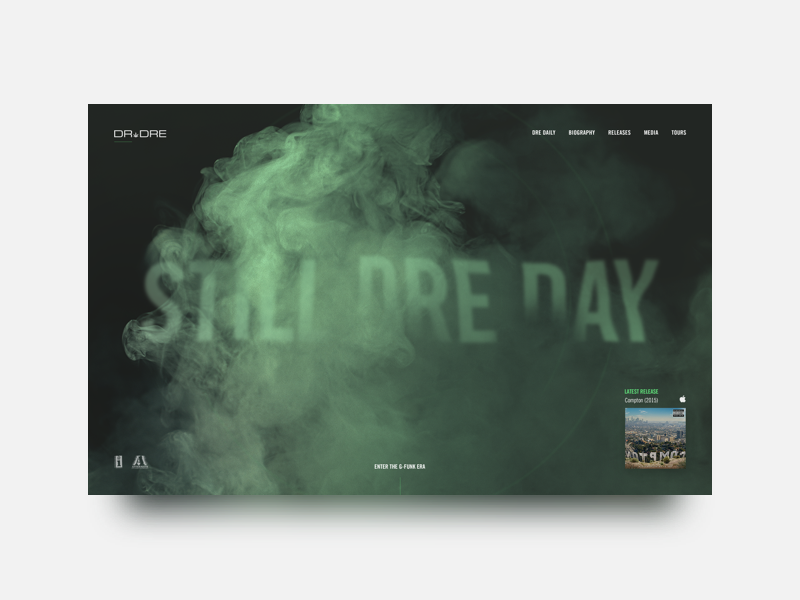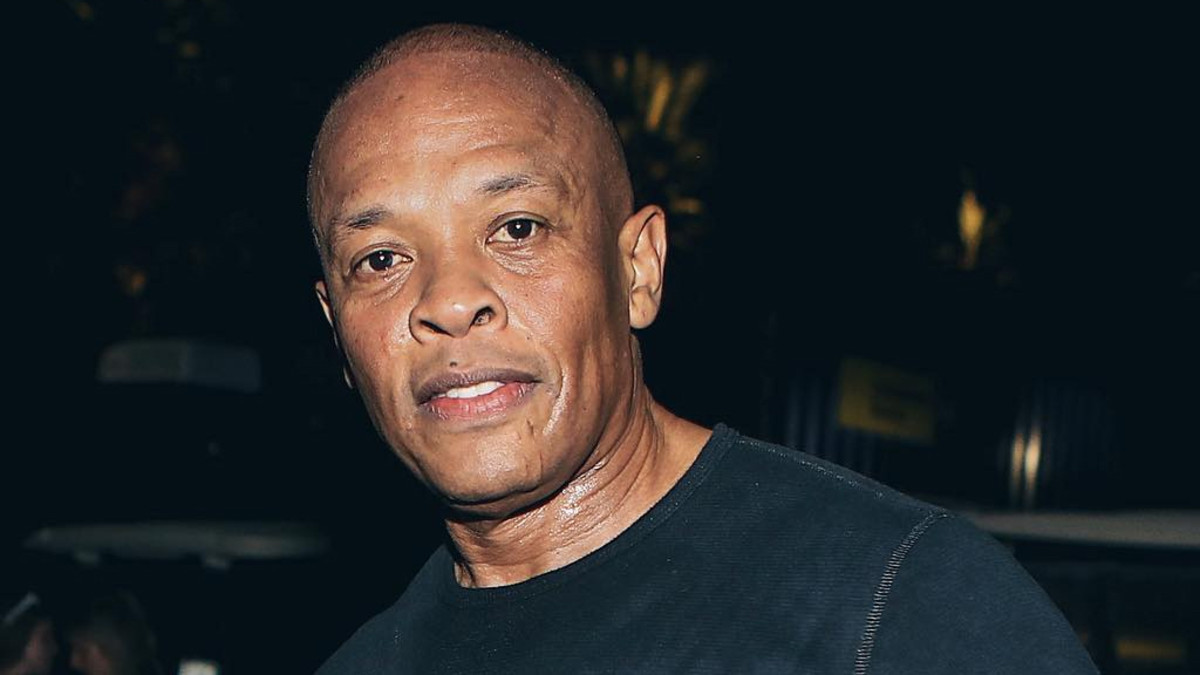

Selling millions of copies, the recording proved to be a hit on both the hip-hop and pop charts.

Dre had always admired the work of such acts as Parliament and Funkadelic.ĭre released his second solo album, 2001, in 1999. With this latest release, Dre helped introduce G-funk, which incorporated musical samples and melodies from funk with gangsta rap. The biggest single from the album was "Nuthin but a 'G' Thang," which featured Snoop Dogg, then a little-known rapper. The FBI even sent a warning letter to Ruthless Records and its parent company about the song.īreaking out on his own and on a new record label, Dre hit the top of the hip-hop charts with The Chronic on Death Row Records in 1992. The song, which explored tensions between Black youth and the police, was thought to incite violence. One track, "F*** tha Police," ignited a firestorm of controversy.

The group's second album, Straight Outta Compton (1988), sold more than 2 million copies and marked the arrival of a new genre-gangsta rap. N.W.A.'s lyrics were equally harsh and explicit, reflecting life on the streets. With his new group, he was able to produce a more hard-hitting sound. A Leading Rap Pioneerĭre teamed up with fellow rappers Eazy-E, Ice Cube, Yella, MC Ren, the Arabian Prince and the D.O.C. His new moniker was inspired in part by basketball star Julius "Dr. He joined the World Class Wreckin' Cru, which performed in nightclubs, and developed the rap persona of Dr. nightclub Eve After Dark, where he eventually got his chance to work the turntables. For hours on end, he would work his magic, taking pieces of different songs and sounds to make his own sound.ĭre started hanging out at L.A. Dre received a music mixer for Christmas in 1984 and soon turned his family's home into his studio. But his interests didn't lie in schoolwork-he wanted to make music. He transferred to Fremont High School and then went to the Chester Adult School. At Centennial High School, Dre showed a talent for drafting, but he paid little attention to his other course work. They moved around frequently, and at one point lived at the Wilmington Arms housing project in the Compton area. His middle name comes from one of the bands his father Theodore belonged to, the Romells.Īfter his parents split up, Dre lived with his mother, who remarried several times. His mother, Verna, quit her group the Four Aces shortly before Dre was born. He eventually co-founded the company Beats Electronics with Jimmy Iovine, going on to make millions from its 2014 sale to Apple. Dre started up Aftermath Entertainment in 1996 and signed Eminem and 50 Cent to his label. In 1992, his first solo album, The Chronic, became a huge hit. and he later co-founded Death Row Records in 1991. His first major success came with the rap group N.W.A. Dre started working as a DJ in his teens.
DR DRE AFTERMATH STREAM FULL
Instead, it's a promising fresh start for Dre that is full of potential and enough great music to make it a vital listen.A music fan from the start, Dr. But that doesn't mean that The Aftermath is a washout. In fact, the two tracks that really stand out - Dre's stately, sexy "Been There Done That" and the powerful "East Coast/West Coast Killas," which features cameos by B-Real, KRS-One, Nas, and RBX - are a combination of terrific production and personality, which is usually what results in great singles. Despite the success of these urban productions, none of the actual performers make much of an impact - the tracks are impressive only because they demonstrate Dre's musical versatility and skill. The true revelation of the album is Dre's skill for urban R&B and soul, all of which sounds fresh and exciting compared to several of the fairly pedestrian hip-hop tracks. There are a number of rappers on The Aftermath, even a handful of hardcore rappers, but nothing fits into the standard G-funk template. Dre Presents.The Aftermath and one listen proves that Dre wasn't kidding when he said he wasn't interested in gangsta anymore.

Aftermath's initial release was the various-artists compilation Dr. He also decided not to concentrate on rap, signing urban R&B acts as well as hip-hop. Dre shifted directions drastically halfway through 1996, leaving Death Row Records and abandoning gangsta rap, claiming that he had "Been There, Done That." So, Dre founded a new record label, Aftermath, and built an artist roster consisting entirely of new, unproven talent.


 0 kommentar(er)
0 kommentar(er)
